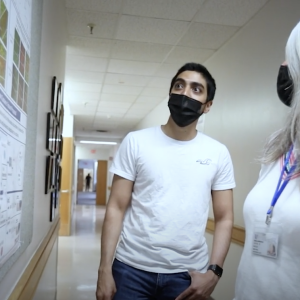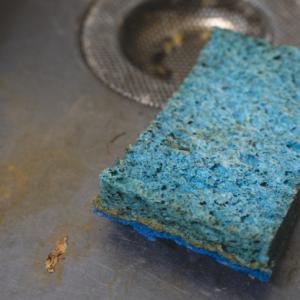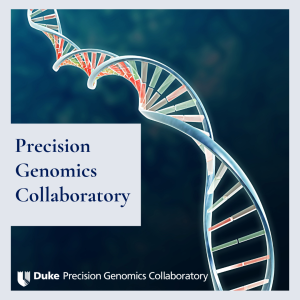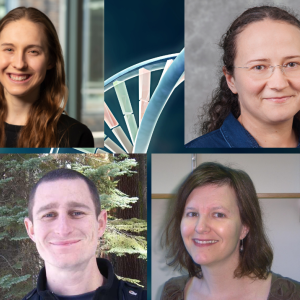Dedicated to Mentoring
At Duke, mentoring isn't just about trainees' scientific development. Our faculty care about our trainees' growth as individuals too.
Haga authors 'The Book of Genes and Genomes'
Susanne B. Haga, PhD, associate professor of medicine and co-director of educational programs at the Duke Center for Applied Genomics & Precision Medicine has authored a new book, "The Book of Genes and Genomes" providing readers an easy to understand overview of the advances in genetics and genomics.
We spoke with Dr. Haga about her new book:
Congratulations on the publication of your book! How long has this been in the works?
Applications open for Snyderman Scholars
A 10-week Applied Genomics & Precision Medicine Summer Program for undergraduates!
The Surprising Structural Reason Your Kitchen Sponge is Disgusting
Environmental structure affects interactions between microbial species, making the common kitchen sponge a better incubator for bacterial diversity than a laboratory Petri dish
Early exercise interventions used from Duke trial to decrease cardiovascular disease
William E. Kraus, MD, is studying exercise effects in individuals ranging from healthy to those at-risk of disease and those with disease, such as coronary heart disease.
Jeff Bourgeois and Dan Snellings receive Chancellor’s Award for Research Excellence (CARE)
MGM graduate students Jeff Bourgeois, Jr. (Ko Lab) and Dan Snellings (Marchuk Lab) have been selected as recipients of the 2021-2022 Chancellor’s Award for Research Excellence (CARE).
Micro focus. Macro impact.
Raphael Valdivia, professor of molecular genetics and microbiology at Duke, explores how tiny microbes found in the body—too small to see without a microscope—can be wielded to fight disease and to influence better health outcomes for all.
Announcing the Genomic Technologies Pilot Grant Winners
PGC in collaboration with CAGT offered pilot grants to investigators to develop and/or apply genomic technologies to significant questions in the study or treatment of human disease. These one-year, $20,000 pilot grants were open to investigators at all stages in their careers.
Svati Shah, MD, MHS, Named the Director of Duke Kannapolis Research
CTSI announces that Svati Shah, MD, MHS, has been named the Director of Duke Kannapolis Research. In this role, she will direct all activities and projects based at the Duke CTSI clinical research facility in Kannapolis.









